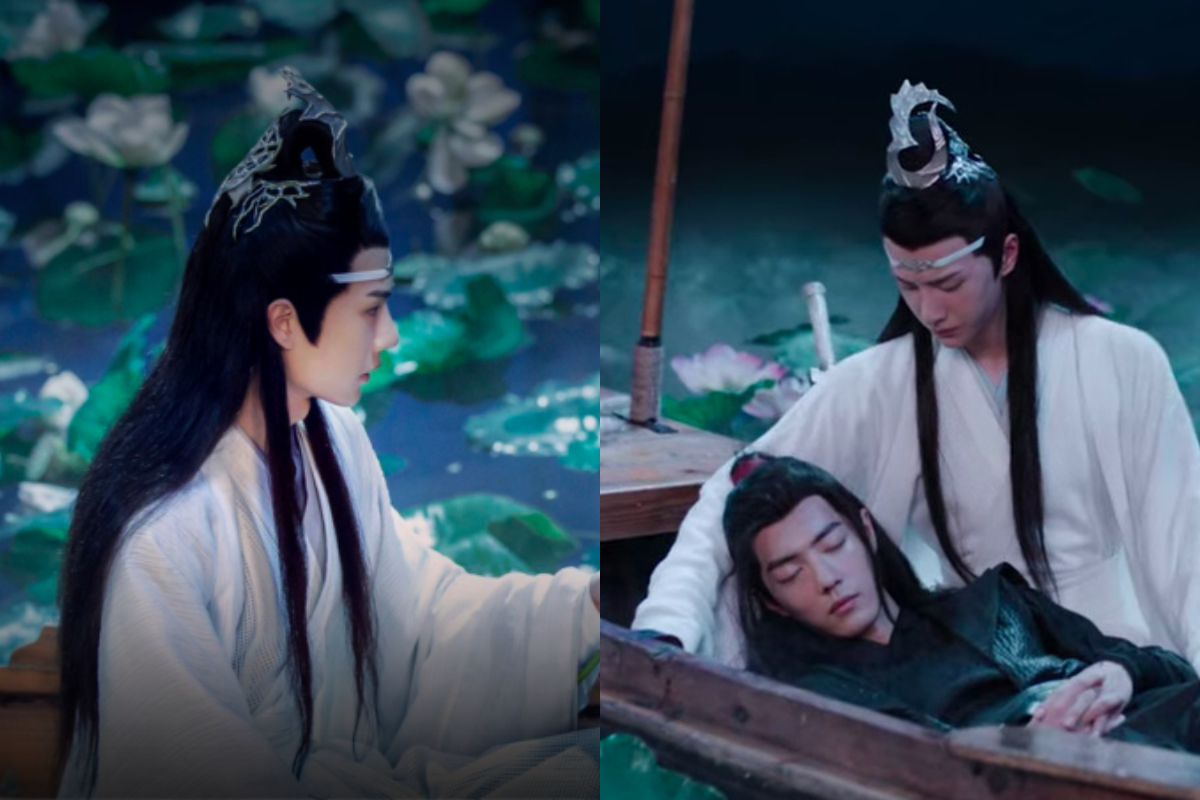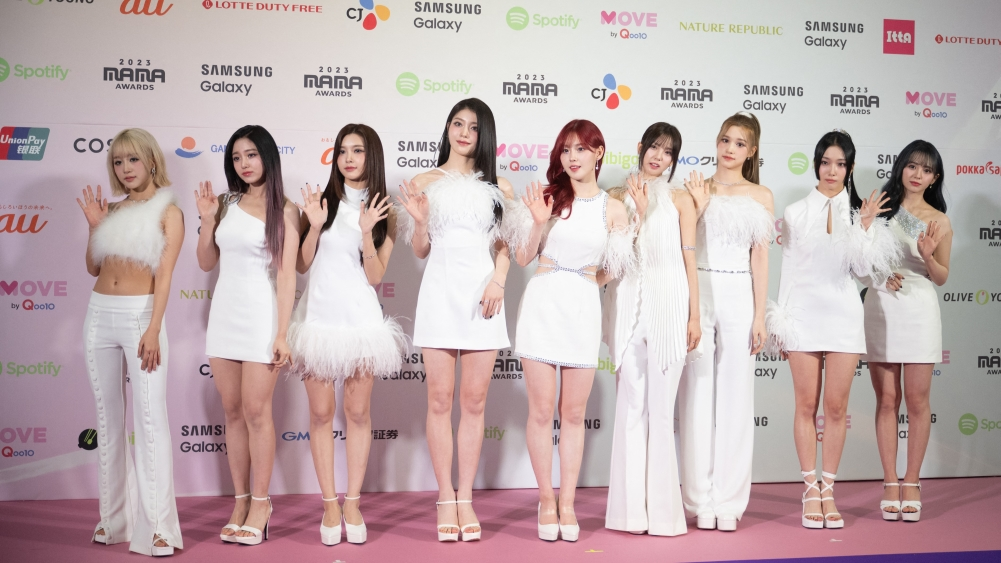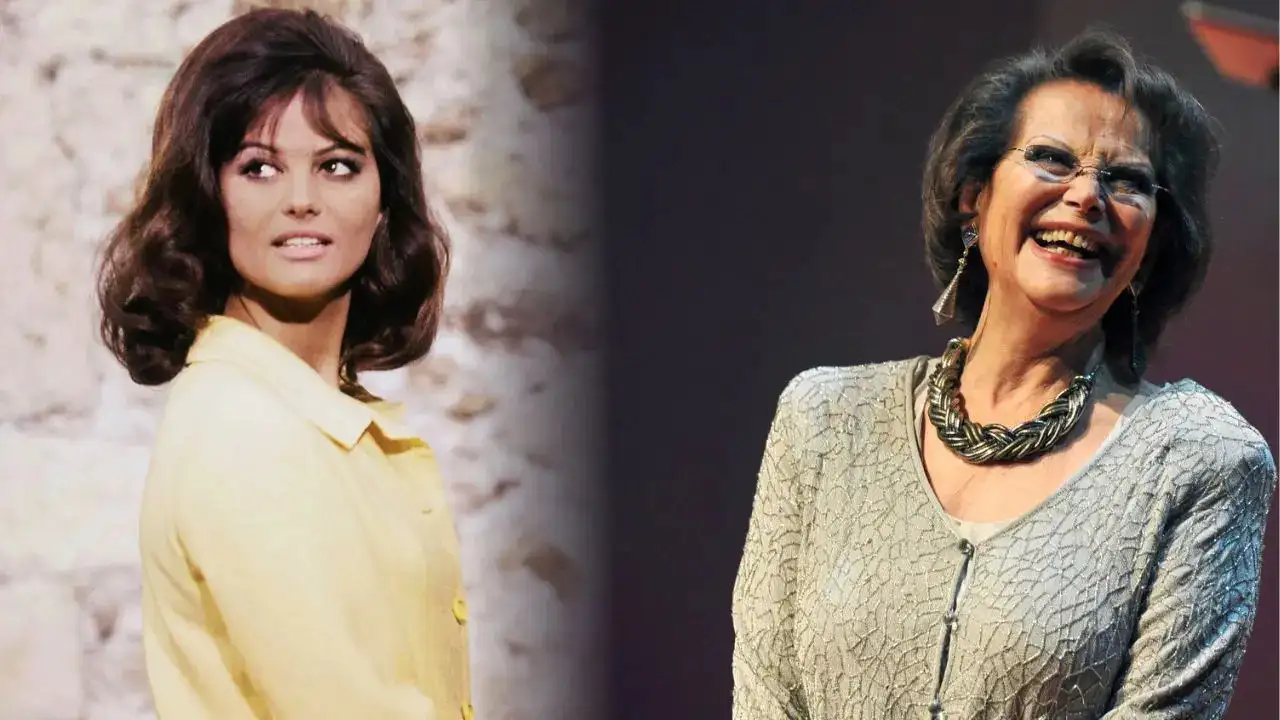- China’s censorship laws prevented the television adaptation.
- Chinese storytelling styles and allusions to romantic Chinese culture.
- China may watch cutting-edge Chinese media like The Untamed thanks to platforms streaming services like Netflix.
Recent Chinese media may surprisingly be creating some of the most powerful and complex content available when it comes to LGBTQ+ portrayal. One such instance is the upcoming live-action television series The Untamed from Tencent Penguin Pictures NSMG. It centers on the emotionally complex relationship between two cultivators (those who practice martial or mystical arts), Wei Wuxian (played by Xiao Zhan) and Lan Wangji (played by Wang Yibo), as well as their explorations of the shadowy past that forever altered both of their lives.
What is the plot of “The Untamed”?
The Untamed, which is based on the widely popular book series Mó Dào Z Sh (also known as The Grandmaster of Demonic Cultivation) written by Mo Xiang Tong Xiu, also known as MXTX, centers on the mysterious 13-year resurrection of Wei Wuxian, a notorious figure who passed away after being scorned by the cultivation community. There is no explanation for his sudden revival.
Wei Wuxian runs across his former classmate Lan Wangji, a revered and stoic grower of the Lan clan, and is immediately drawn into a complex mystery involving murders, tragedies, and betrayals. Even though he is in a new body, Wei Wuxian is compelled by the things that have happened in the past to work with his former friend and ally Lan Wangji to learn the truth about the present. Wei Wuxian discovers fresh truths about his old life along the journey, and he comes to the conclusion that Lan Wangji is much more convoluted than he initially imagined.
What are Danmei and Xianxia?
The Untamed is one of the most well-liked live-action speculative fiction historical drama series in China, and it is characterized by two of that country’s most traditional genres, Xiania, and damei. The Chinese fantasy subgenre known as Xianxia is influenced by Taoism and diverse Chinese mythology, belief systems, and martial arts. Xianxia directly translates to “immortal heroes” in Chinese. The series is also categorized as belonging to the danmei cannon, a body of Chinese literature that concentrates on the homoerotic and homoromantic connections between male characters, as a result of its emphasis on the relationships between its primary characters.
The Untamed is a masterclass in queer coding that avoids the irksome trope of queer-baiting, also known as the marketing technique in which creators hint at, but then do not depict actual queer representation. China’s censorship laws prevented the television adaptation from including the story’s more overtly romantic and sexual scenes.
During the series, different Chinese storytelling styles and allusions to romantic Chinese culture are used to represent the relationship between Wei Wuxian and Lan Wangji, which is less than wholly platonic. Instances of this include the virtually exclusive use of the birth names Wei Wuxian and Lan Wangji, respectively, as a sign of respect between people who are emotionally close. Also, moments where Wei Wexian frequently touches Lan Wangji’s headband—a representation of his clan that has special significance because it can only be touched by the wearer’s “fated one” or family—emphasize the importance of emotional connection.
The program goes further by directly adapting passages from the books that discuss the romantic nature of the two men, such as the “three bows” (or kowtows), which are frequently used to symbolize traditional wedding rites and involve bowing to the heavens, the ancestors, and each other. Also, there are frequent depictions of rabbits, an animal with significant LGBT+ symbolism as noticed by many Chinese fans. The rabbit is considered as a symbol of queerness submitting to Tu’er Shen, also known as the Rabbit God, a Chinese god/guardian of homosexual partnerships.
In spite of Censorship, a Loving Queer relationship
The Untamed’s depiction of LGBT longing and pining, despite China’s strict censorship, is, in all honesty, what strikes me as most brilliant about this aspect of the film. Within the series, physical touch as a signifier of intimacy is guarded; each gesture is a deliberate movement, much like the language of touch in Regency romances. Consequently, every time Wei Wuxian and Lan Wangji contact each other on screen, whether in the gripping of a wrist or in the way the two physically carry each other when the other is no longer able to stand, the viewer’s breath is stolen away by the sheer intensity of such moments.
The language of physical intimacy is supplemented by the actors’ excellent command of facial gestures, each prolonged moment of eye contact is a close romantic reading between these characters who literally call each other their soulmates.
Furthermore, for Wei Wuxian and Lan Wangji, who have experienced emotional highs and lows due to the political manipulations in their world, witnessing how their relationship began as one of misunderstandings and miscommunications before developing into one of fierce loyalty and comradery is truly enjoyable to witness. One of the most moving love stories out there today may involve these two traumatized individuals ultimately finding calm in each other’s company, whether they are battling zombies for their life or just spending some quiet time together watching the snow.
The Grandmaster of Demonic Cultivation, which has both a live-action and an animated adaptation, as well as MXTX’s other written works like The Scum Villain’s Self-Saving System and Heaven’s Official Blessing, are all part of the larger body of work that many fans use The Untamed as a launching pad into.
The official English translations of MXTX’s writings have been made available by American publishing houses like Seven Seas Entertainment, which has helped increase the number of English-speaking readers who are familiar with the author’s works and the neighboring adaptations. And now, more audiences outside of China may watch cutting-edge Chinese media like The Untamed thanks to platforms like international streaming services like Netflix.
There is currently no finer example of excellent queer-coded relationships based on canonically queer materials wrapped in a historical fantasy box than The Untamed. Check out this Chinese historical drama if you like a TV with excellent acting, intriguing worldbuilding, and lots of gay pining.
[embedpost slug=”netizen-confused-over-rude-chain-restaurants-staff-in-australia/”]





















